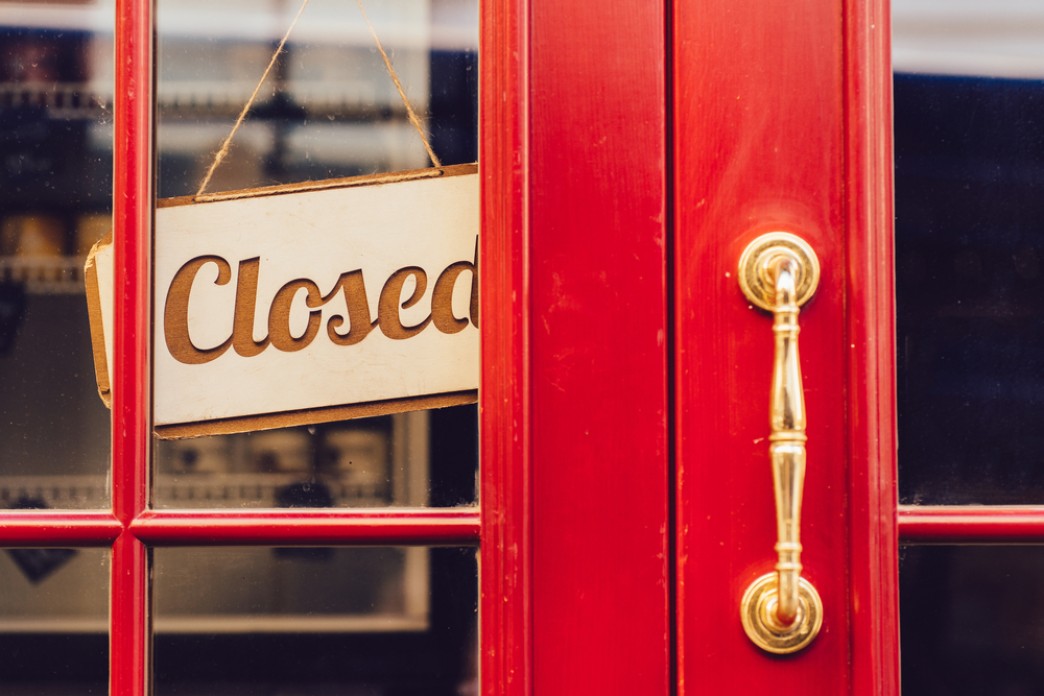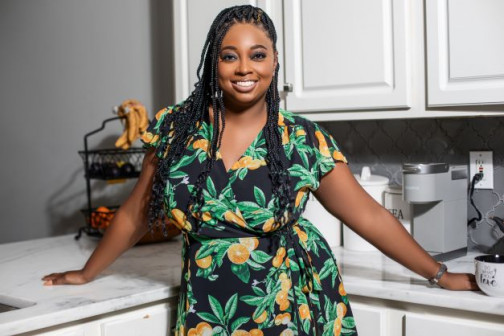It was Monday, June 15, 2020. The day my restaurant died. Well, it wasn’t technically my restaurant, but it was the elegant French dining room on Manhattan's Upper East Side where I was a Maitre D. It was the restaurant where I felt at home welcoming power lunchers, quirky neighbors, in-the-know out-of-towners, and families celebrating special occasions. It was a beautiful restaurant, where I really liked working.
I wasn’t surprised to hear the news. But I was surprised at how it hit me.
My first thought was, Well, I guess we knew that was coming. They'd had a difficult landlord and were probably the least profitable of the restaurants in their corporate group. As the news of permanent closure sunk in, it dawned on me--while I hadn’t consciously been counting on going back to that job, now it was a certainty. I never would. Not only did my job not exist any more, but none of it did. I would never again see the large linen-draped tables in that expansive, chic dining room. It was all gone. The doors I'd held open and the smiles of friends sharing lunch, and the chairs I'd pushed in atop plush wool carpets. The dramatic mirrors reflecting china, polished silver, sparkling glasses, and colorful fresh blossoms in vases. Gone.
Like so many others in New York City, my restaurant had been on life support for three months since NYC announced its lockdown amid the COVID-19 chaos that was Spring 2020. Now the owners had decided to pull the plug. Intellectually, I accepted it pretty quickly. I’ve been in the business for a long time, and I know, despite glamorous appearances, how deceptively thin the profit margins are, especially with New York City rent costs, which are barely manageable even in boom times. I had already secretly suspected that if lockdown status were to continue as had been predicted, we were going to see at least 50% of the city’s restaurants die. So this one closure shouldn’t have hit me as such a surprise.
And yet, as the day of the announcement wore on, I sensed a familiar gray cloud settling around me. That’s weird, I thought, not really "getting" it. I had accepted the news as another sad statistic of pandemic life, and had unconsciously nudged myself to move on, move forward. But then I recognized my old frenemy, Grief. The one I'd spent four years writing a whole book about. Of course, I thought. This is grief. My restaurant had died, unexpectedly. Not only had I lost a job and a routine I loved and a group of people I enjoyed being with daily; there was no chance to get any of it back. It was all gone forever.
And then I cried. Quietly and slowly at first. Cry over a restaurant? Cry over a business? At first I judged my own reaction as selfish, even immature. But in giving myself some time to think about it, the truth became clear. This was a death. I’d never experience that restaurant again. Never walk in the back door and start the staff coffee. Never walk the morning gauntlet through the kitchen, greeting the cooks and the porters. Never vacuum and spot-clean those pale green linen banquettes. Never chat with the servers and bartenders when they arrived for their shift. Never unlock the front door and welcome the guests I knew were happy to be there and who were about to have a lovely afternoon. The place would be empty and the equipment auctioned off unceremoniously by Friday of the same week.

Loss of something we love brings grief. Grief brings tears. For many workers and owners, restaurants aren't just a way to make a living. They are a way of life, a passion, a vocation. And restaurants, as it’s been said a lot recently, are also families. When one good, beloved restaurant dies, so much more goes to the grave. A repository of memories and good times for guests; a community, livelihood, and sense of purpose for the front and back of the house teams; a business partner for food, wine, and linen suppliers across town.
Each time the news of another restaurant fatality crosses my screen, tears well up and that gray grief cloud returns. I grieve for the individual losses and for the industry at large. I think of the fresh roster of people who have lost their positions for sure by now--many of whom are simultaneously grieving the much more permanent and excruciating loss of a loved one. Seen in that light, we know, a restaurant is not a person. Restaurants can and will pivot, innovate, reopen; new restaurants will be built. But that doesn’t change the very real sadness that comes from the micro-loss of the death of something we loved and cherished as a place of hospitality and shared human experience.
Erica W. Cantley is a writer, educator and OG restaurant world insider.
Recommended Memorial Products
- Thinking of You Tea Box — A comforting tea gift for quiet reflection
- Grief Is a Journey — An inclusive, personalized approach to understanding and navigating grief.


-banner.png)






